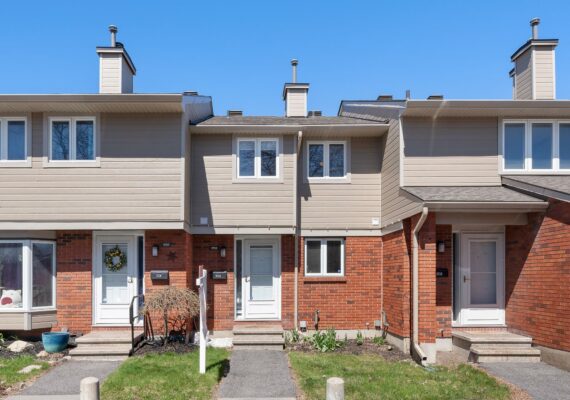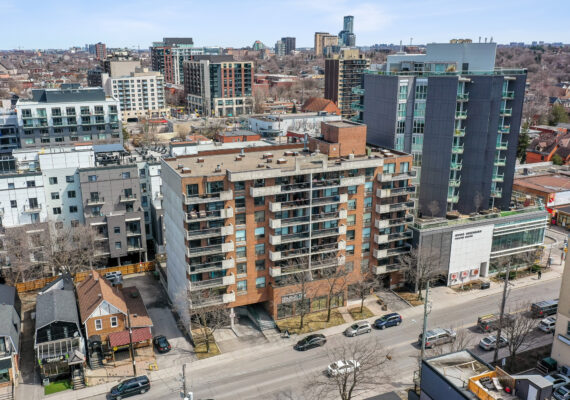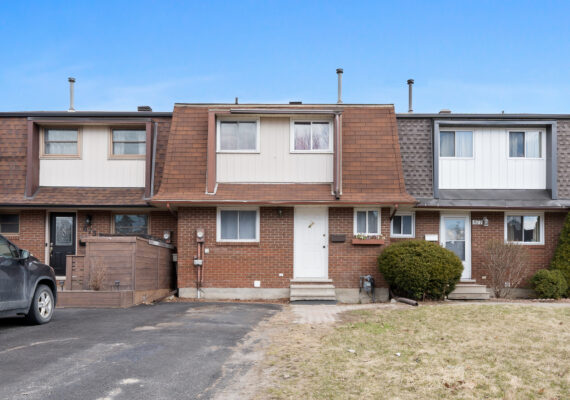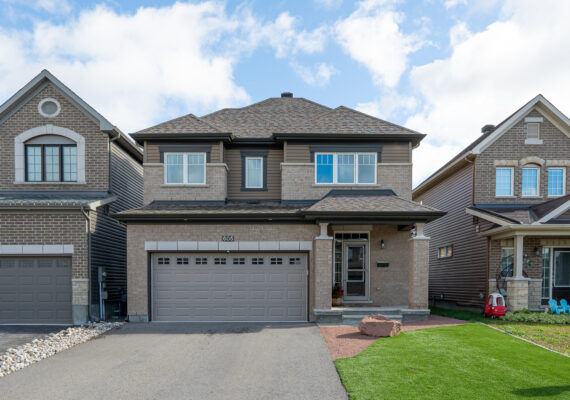
Condo vs apartment – both have generated lots of buzz in 2020. Depending on the region, the condo market is enduring a sharp downturn, with sales activity and prices down compared to a year ago. Apartments – and the overall rental market – are currently reporting higher vacancy rates and expired leases, as well as plummeting monthly rents for the first time in more than a decade.
The coronavirus pandemic has altered the Canadian real estate market in many ways. Whether these changes are permanent or not remains to be seen, but it’s evident that condo owners are taking a hit – and renters are reaping the rewards after years of skyrocketing costs.
In the aftermath of the COVID-19 public health crisis, governments worldwide have reined in short-term rentals, which was a critical revenue-generator for units hosted via Airbnb. This forced homeowners to either turn their suites into long-term rental options or leave them without tenants. The impact on condo market activity has had a spillover effect in the broader rental market in Toronto, Vancouver, Ottawa and Montreal.
Since thousands of new units flooded the housing market, supply started to outweigh rental demand within these urban centres. As a result, apartment buildings, property management companies and landlords not only reduced their monthly rents, but also started offering various benefits and incentives (for instance, no last month’s rent and two months free rent).
If you’re considering renting in a city such as Ottawa, then it’s helpful to understand the key differences between condo vs apartment rentals, and how it may impact your budget and lifestyle. Let’s dive in.
1. Maintenance
In a condominium, the maintenance is sometimes managed by an individual unit owner/landlord. If there is an issue with your dishwasher, faucet or hardwood floor, you must get in touch with the landlord in order to have it rectified.
A rental apartment is typically different because the building is owned by a management company who employs a superintendent who is responsible for all the units. There is always a dedicated and on-call maintenance crew to make repairs in an emergency.
Some condominium unit owners opt to have their rental property taken care of by a property management firm, so get clarity on this before signing a lease.
The other aspect to consider is various costs associated with property maintenance. A condo owner may hold the tenant liable for covering the cost if something breaks in the unit. An apartment building, on the other hand, will usually not charge the tenant for maintenance costs like replacing an appliance or fixing the toilet.
2. How Much Are You Paying?
Apartment buildings typically have a mandatory payment system outlined by the property management company. For the most part, tenants will be required to pay for:
- First and last month’s rent
- Security deposit
- Pet fee (if applicable)
- Application fee (depends on the company)
The amount you will need to pay to live in a condo building is arranged between you and the unit owner. They may have a series of fees you must pay, but you can also negotiate to have them cover some fees. There is more room for negotiation and flexibility, since you’re only dealing with the owner.
3. Amenities
One of the key features attracting both buyers and renters to condos are the amenities. A swimming pool, billiards room, a concierge, a community room, and a gym are some of the amenities you may have access to as a condo-dweller. Many of the newer condo buildings boast resort-style amenities, which can increase your living space by giving you access to luxury recreational and leisure facilities beyond your 450-sq.-ft. studio condo!
Meanwhile, apartment buildings often won’t offer you many amenities. Aside from the occasional swimming pool, an apartment complex offers by-the-book basics, such as an on-site laundry room, a locker storage area, and potentially a parking spot. The benefit of a bare-bones lineup of amenities is typically a lower monthly maintenance fee!
4. Rules and Regulations
When you are renting an apartment, the rules of renting the unit and living in the building are established and enforced by the property management firm. In addition to the landlord and tenant act, these companies can also impose additional measures. Every tenant usually must follow the same set of rules. Often you cannot make changes to your apartment such as painting the walls, hanging heavy items on walls, etc.
Condo owners can make up their own rules, but they will still need to follow the parameters outlined in their jurisdiction’s landlord and tenant act, and the rules of the Condo Corporation. Owners are more diligent in ensuring you are following these established guidelines since this is their investment at stake. This being said, you’ll often find that you can make more changes to condos including painting the walls, living with a pet, or renovating parts of your space.
The rental market has turned upside down in 2020, as a direct result of the COVID-19 public health crisis. This has allowed renters to flee their rent-controlled units and find newer, more suitable alternatives in the real estate marketplace, whether that’s a condo or an apartment.
Pilon Real Estate Group Featured Listings: Click here!
We Keep You Covered When You Buy a Home With Our 12 Month Buyer Protection Plan!
Details at: www.HomeBuyerProtectionPlan.ca
Free Home Search With Proprietary MLS Access – New Listings – Faster Updates And More Accurate Data!
Find Homes Now: www.FindOttawaHomesForSale.com
Find Out How We Get Our Sellers More: Click here!
RE/MAX Hallmark Pilon Group Realty
www.PilonGroup.com
Email: Info@PilonGroup.com
Direct: 613.909.8100






